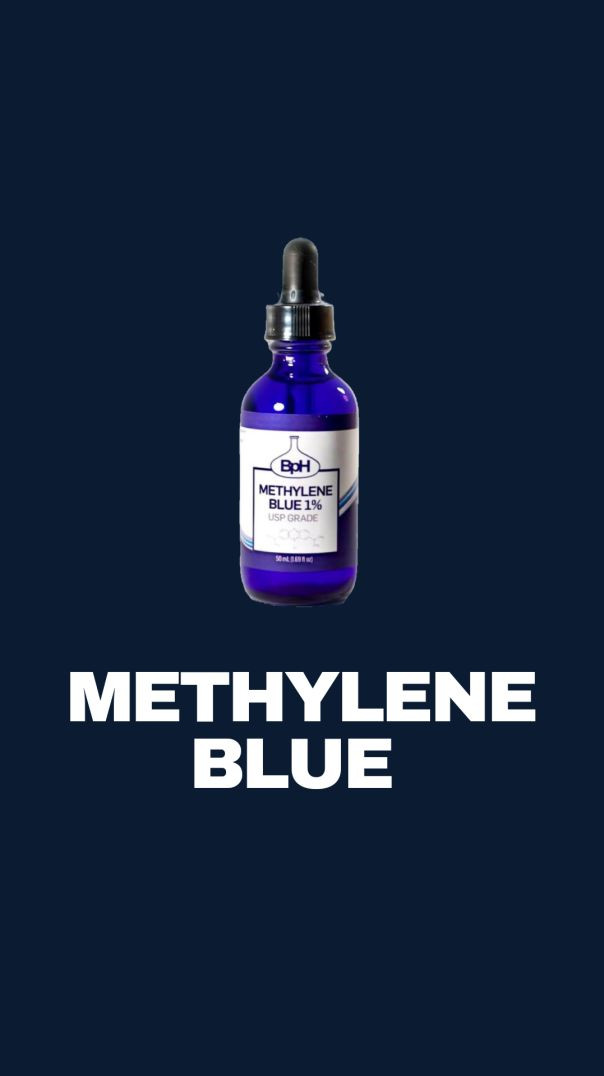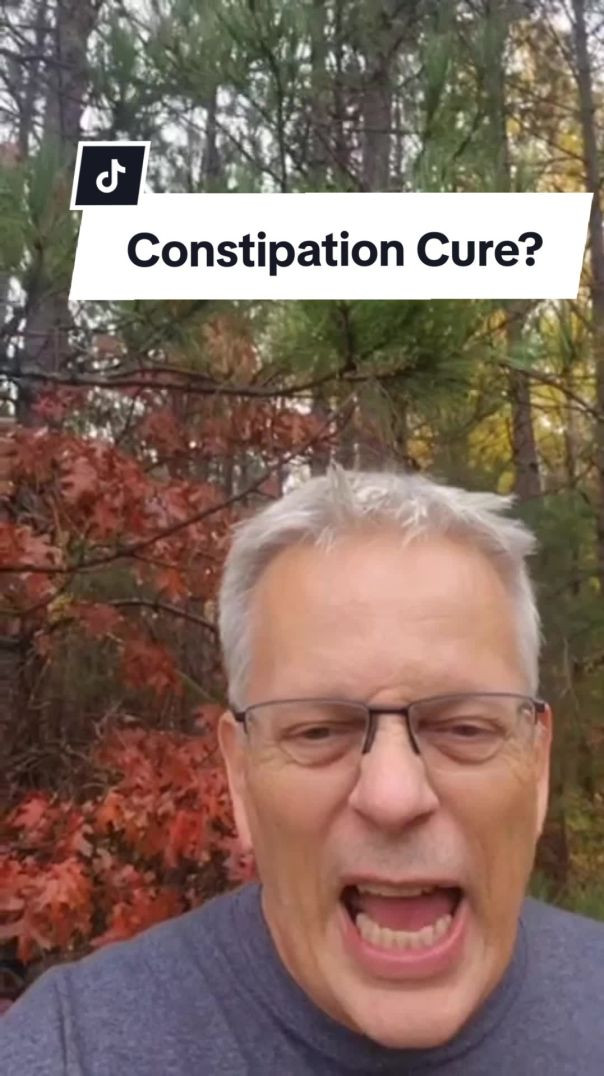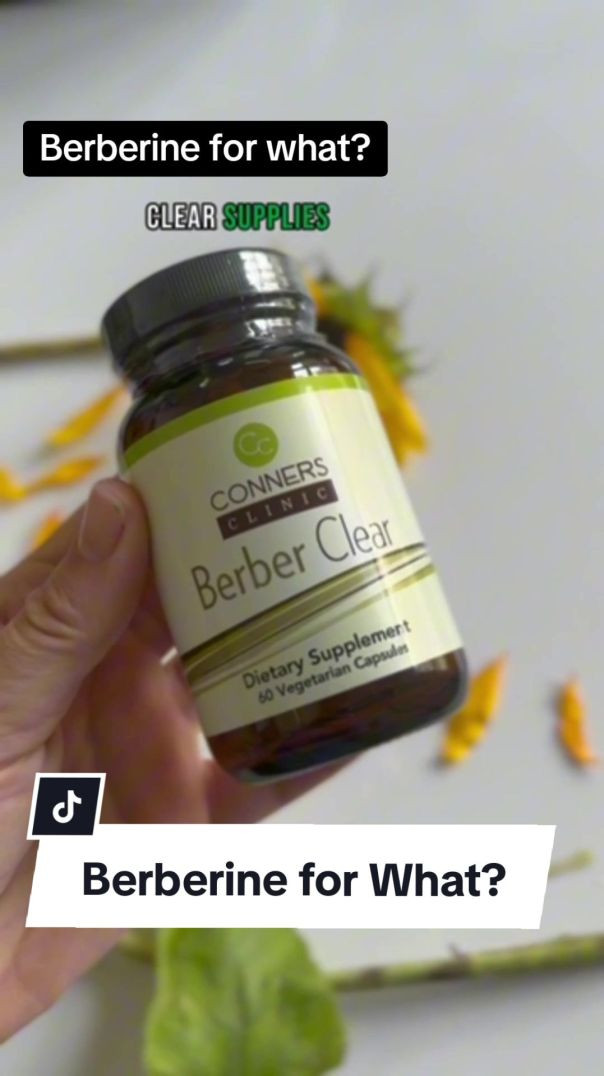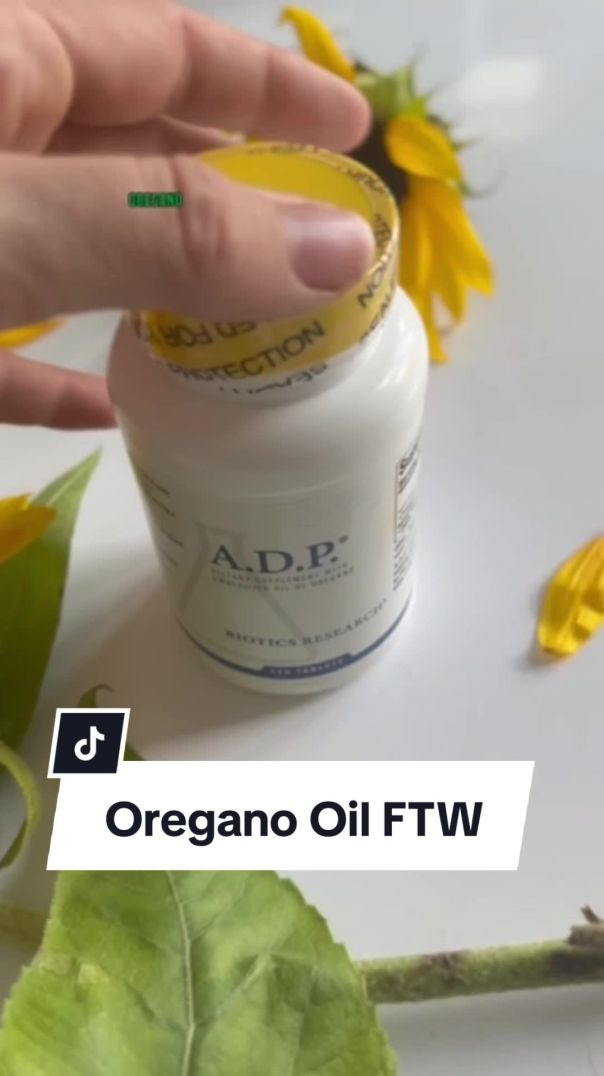Shorts Create

Discover the holistic health benefits of methylene blue! 👇
🤯 Cognitive Enhancement: May improve memory, attention, and overall cognitive function; potential use for Alzheimer's and Parkinson's.
🧫 Mitochondrial Support: Acts as an electron carrier in the mitochondrial electron transport chain, boosting ATP production and cellular energy.
🔴 Antioxidant Effects: Neutralizes free radicals, reducing oxidative stress and may protect against various health conditions.
🎭 Mood Improvement: Preliminary evidence suggests antidepressant properties, enhancing mood and emotional well-being.
🧠 Neuroprotection: Protects nerve cells and could improve outcomes in conditions like stroke and traumatic brain injury.
💪 Anti-Aging: Supports mitochondrial function and reduces oxidative damage, potentially slowing the aging process.
✅ Anecdotal Benefits: Users report increased energy, mental clarity, and focus when supplementing with methylene blue.
🌟 From boosting cognitive function and energy levels to providing antioxidant and neuroprotective effects, this powerful compound could be your new go-to for enhanced well-being. 🌿✨
#holistichealth #methyleneblue #naturalremedies #brainboost #energyboost #naturalhealing #wellness #connersclinic #functionalmedicine #drkevinconners

Natural help for constipation
https://shop.connersclinic.com..../products/phase-6-as

Do you have to use Gold Roast coffee for a coffee enema?
https://shop.connersclinic.com..../products/s-a-wilson




